I am attempting to use the MSAL python library to call another custom api in Azure(Exposed through AppRegistration with an API scope exposed).
I am writing a daemon application that will make the request. Following Azure documentation here:
The last example on this Azure docs suggests you can add assertions about custom claims such as client_ip that would be returned in the token.
Similarly, I would like the preferred_username claim to be set to Test as an example:
app = msal.ConfidentialClientApplication(
config["client_id"], authority=config["authority"],
client_credential={"thumbprint": config["thumbprint"], "private_key": open(
config['private_key_file']).read()},
client_claims={"preferred_username": "Test"}
)
However, When I acquire the token using the following code, the preferred_username claim is not within the Token.
result = app.acquire_token_for_client(scopes=config["scope"])
Within the app registration for the daemon app I have added preferred_username as an optional claim (for access tokens).
I am not sure what is wrong with my approach or if I have misinterpreted the intent of client_claims?



